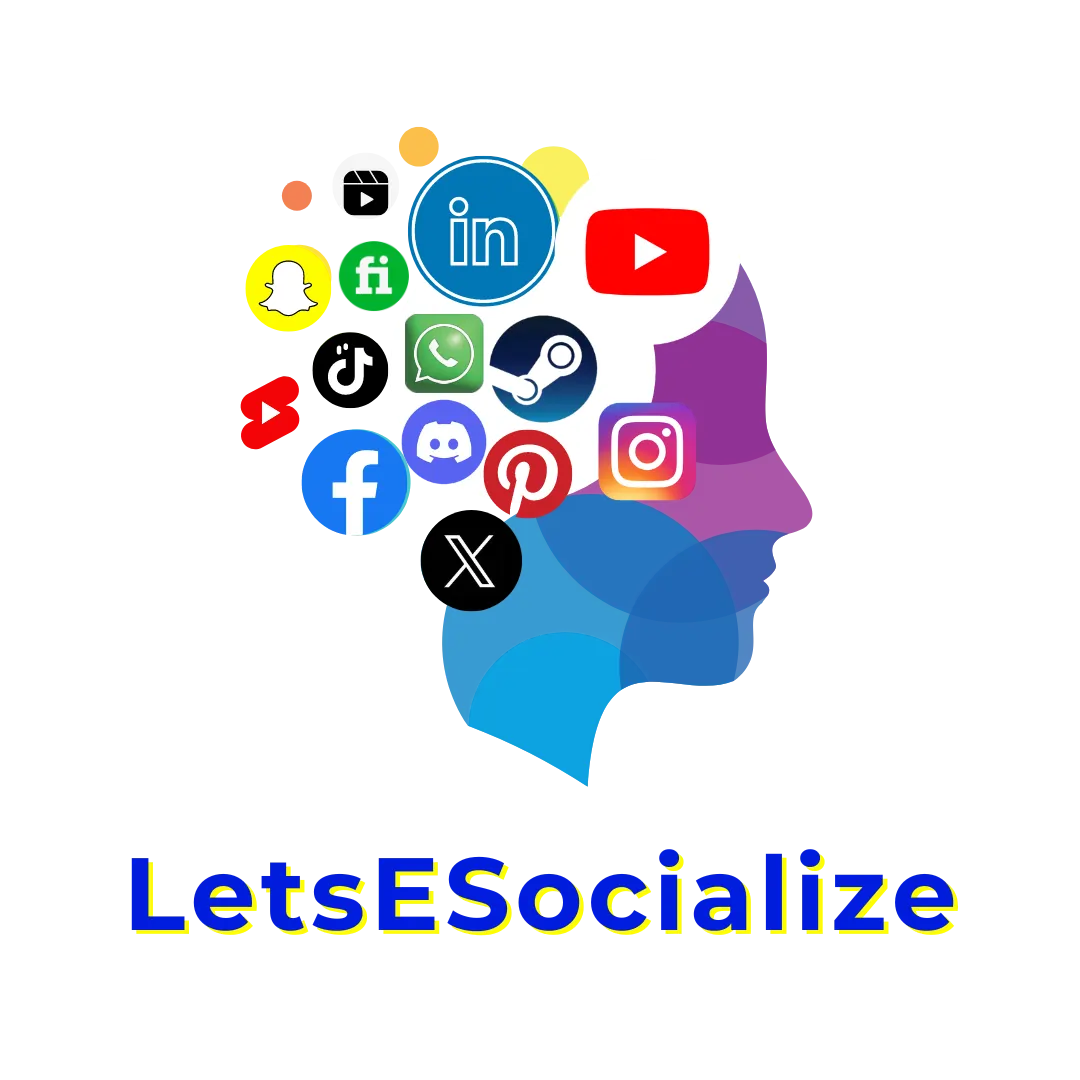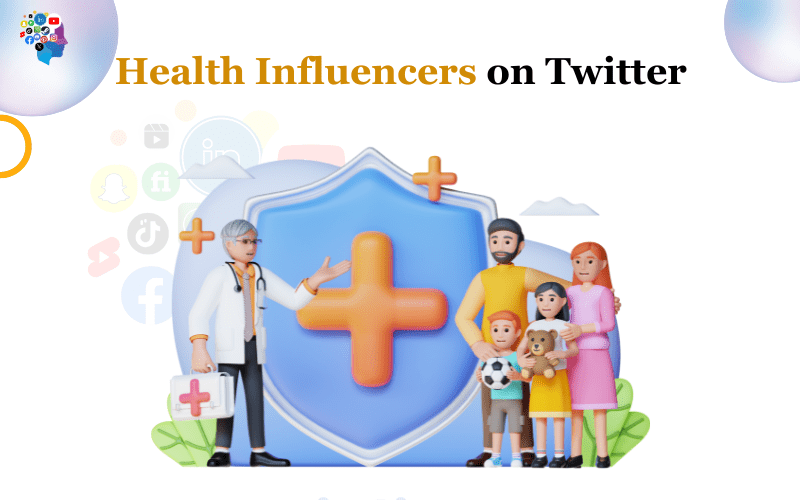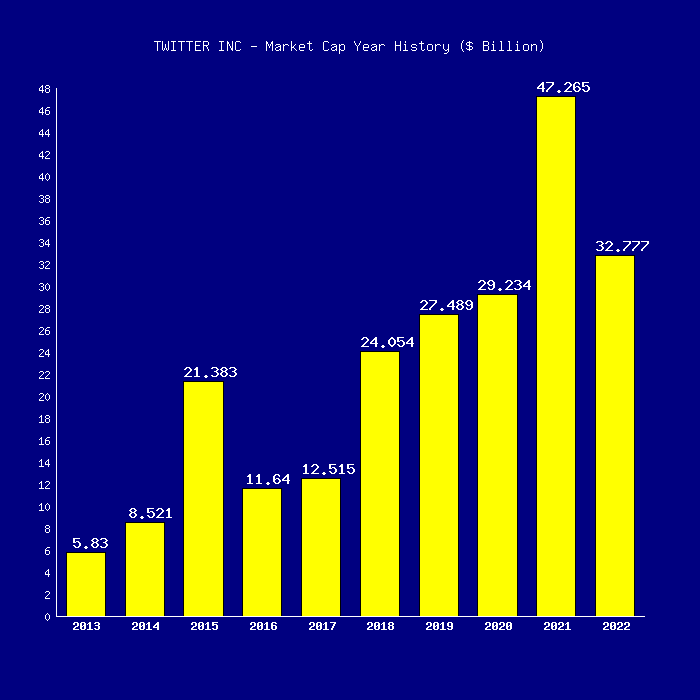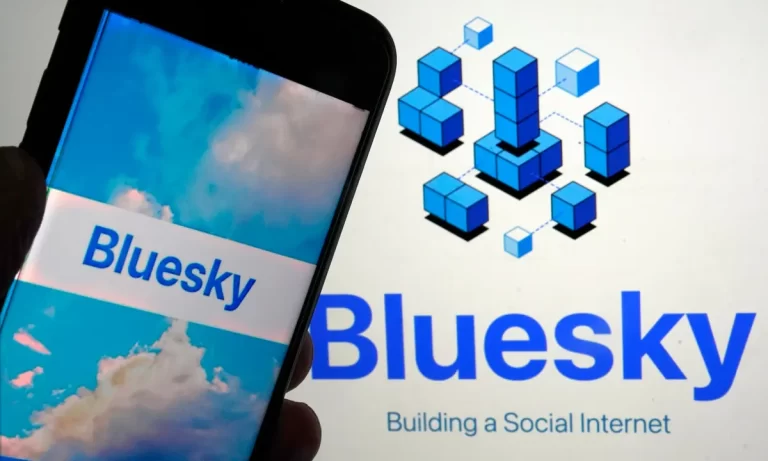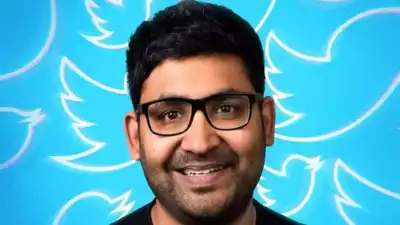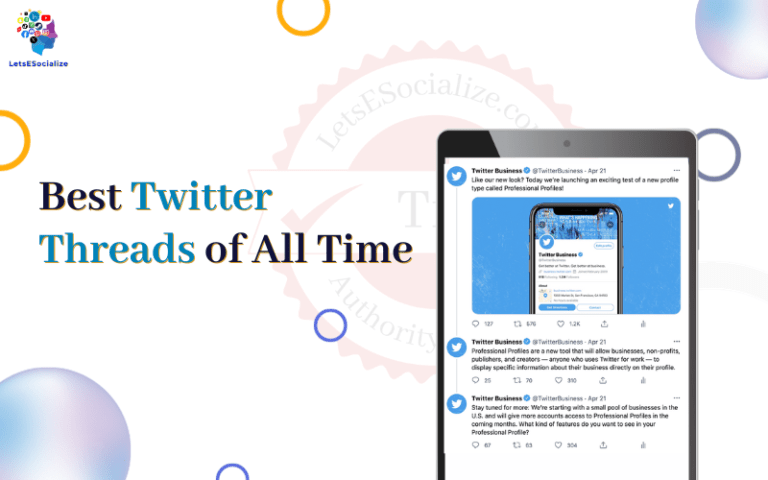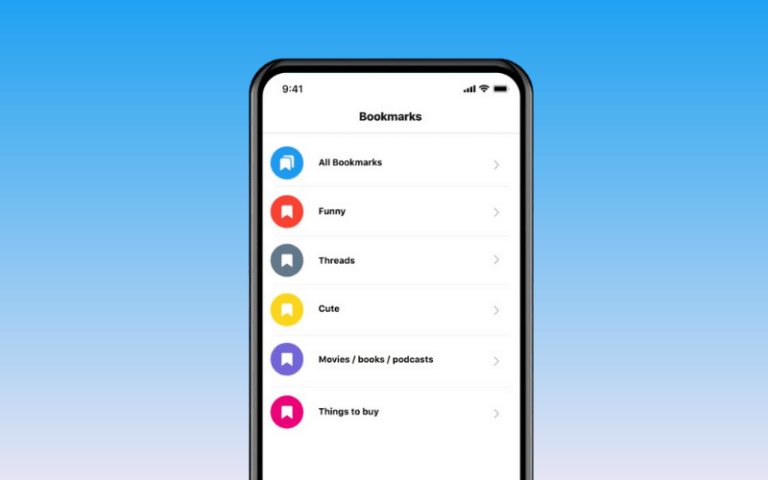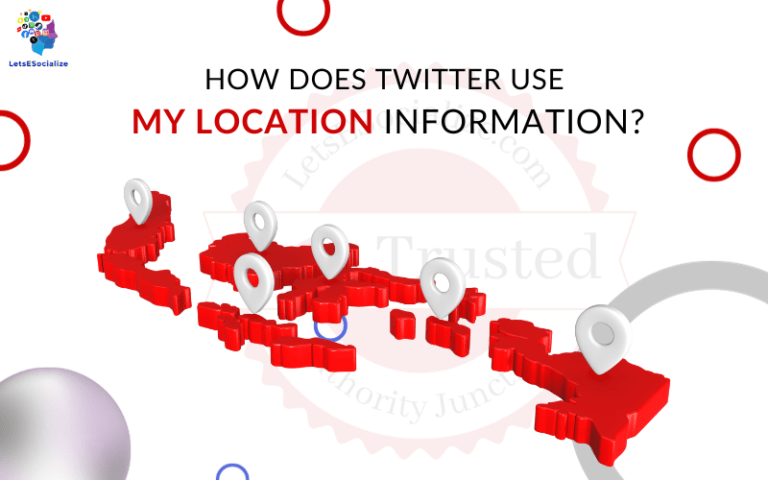Social media has transformed how we discuss health and wellness. Twitter, in particular, has become a vital platform for health professionals, advocates, and consumers to share information, debate issues, and influence opinions.
A new breed of health influencers has emerged, using Twitter to promote health causes, report on trends, and lend their expertise.
In this comprehensive guide, we explore the growing role of Twitter influencers across all facets of health and provide tips for identifying key voices.
Whether you work in healthcare and want to better understand social media discourse or are interested in health topics, this resource covers the Twitter influencer landscape and how it impacts healthcare now and into the future.
Table of Contents
The Rise of Health Influencers on Twitter
Several factors have contributed to Twitter’s appeal for health influencers:
- Immediacy. Twitter enables real-time sharing of health discoveries, news, events, and commentary. This suits the fast-moving health sector.
- Accessibility. The platform’s openness makes it easy for anyone to engage, follow, and connect with health influencers.
- Brevity. Constraints of the medium require concise, impactful messaging that resonates.
- Reach. Tweets can spread rapidly through networks and hashtags, extending influencer visibility.
Health professionals were early adopters of using Twitter for public health outreach and commentary. Over time, patients, advocates, journalists and other voices found Twitter a place to shape health narratives.
While health influencers use various platforms, Twitter remains a key part of their social media mix due to the above factors. And their collective impact there continues to grow.
Also read: Identifying Fake Influencers on Twitter
Key Categories of Twitter Health Influencers
The health Twitter influencer landscape is diverse, with different types of accounts wielding influence:
Medical Professionals
Doctors, nurses, and other healthcare practitioners leverage Twitter to share health expertise, promote better care, and weigh in on health policies.
Health Providers
Hospitals, medical centers, health non-profits, and other organizations maintain a Twitter presence for public outreach.
Health Associations
Associations like the American Heart Association use Twitter to educate, advocate, and update on their cause areas.
Medical Journals/Media
Leading medical journals (JAMA, BMJ, etc.) and health publications use Twitter to highlight research and news.
Prominent Researchers
Top scientists/researchers tweet to discuss findings, surface new studies, and defend scientific rigor.
Patient Advocates
Individual patients and organizations like the Mayo Clinic’s Center for Patient and Community Engagement amplify patient perspectives.
Policy Advocates
Advocacy groups provide commentary on health regulations and legislation impacting care.
Fitness/Nutrition Influencers
Dietitians, personal trainers, and healthy lifestyle gurus promote wellness habits.
Alternative Medicine
Homeopathic health practitioners share natural health remedies and holistic approaches.
This diversity makes healthy Twitter vibrant but also challenging to navigate. Understanding the categories helps identify whom to follow.
Why Health Influencers Have an Impact
What makes health voices on Twitter so influential comes down to these critical factors:
- Trusted Identities. Doctors and health brands people know to translate online.
- Subject Authority. Their medical expertise lends credibility to shared opinions.
- Passion for Issues. Influencers authentically promote causes close to the heart.
- Personal Stories. Patient experience anecdotes make topics relatable.
- Timeliness. Influencers comment on trends, news, and discoveries as they happen.
- Conversation Facilitators. The interactive nature of Twitter allows the exchange of ideas.
Given this unique mix, health organizations recognize Twitter’s value for public health outreach. Monitoring health influencers provides consumer sentiment insights as well. Understanding what generates engagement guides more effective messaging.
Health Influencers on Twitter By the Numbers
Some key statistics demonstrating health influencer impact on Twitter:
- 32% of physicians use Twitter for professional purposes (Symplur)
- 90% of surveyed doctors said social media improves care quality (Stanford Medicine)
- Leading health influencers have over 30k Twitter followers on average
- Tweets by CDC, NIH, and other major health organizations receive 45k+ impressions
- 12% of Americans use Twitter to access health info, particularly under 50 (Pew Research)
- Twitter medical conference hashtags receive 1.2 million impressions on average (Symplur)
The numbers illustrate the expanding role of Twitter in healthcare communication among professionals and the public.
Finding Relevant Health Influencers on Twitter

Many methods exist for discovering health influencers on Twitter who align with your interests:
- Follow recommendations from those you trust. Ask colleagues in healthcare for suggestions.
- Look for speakers/experts at major medical conferences. Search their names and find accounts.
- Identify authors published in medical journals. Search their names and locate any affiliated Twitter accounts.
- Follow health influencer lists. Health professionals curate Twitter lists of top voices that you can follow.
- Use hashtags and keywords. Search hashtags like #MedTwitter, #hcsm, and keywords for your health niche to uncover accounts.
- Utilize Twitter search operators. Search “health filter: verified” to restrict to verified health accounts, for example.
- Use Twitter analytics tools. Tools like Followerwonk help identify influencers by bio keywords, followers, etc.
Take time to research thoroughly, finding influencers who best match your focus area and interests. Curate a custom feed mixing various viewpoints and perspectives for a well-rounded view.
5 Top Health Influencers on Twitter
To give you a sense of impactful health influencers on Twitter, here are the profiles of five top accounts:
@HopkinsMedicine

- Focus: News/research from Johns Hopkins Medicine
- Followers: 623K
- Sample Tweet: New research: Combining #immunotherapy with DNA-damaging chemotherapy may improve treatment for gastric #cancer patients.
- Why they’re influential: Trusted authority sharing discoveries from a leading healthcare institution.
@DrEricDing

- Focus: Public health researcher commenting on medical trends
- Followers: 892K
- Sample Tweet: I can’t believe we have to say this, but please don’t take livestock formulations of ivermectin to prevent COVID-19. These products are not approved for humans and could seriously harm you.
- Why they’re influential: Rapid commentary on unfolding medical news and issues.
@DrDave01

- Focus: Emergency medicine doctor perspective
- Followers: 70.8K
- Sample Tweet: That look you give when you tell your doctor about the “research” you’ve done online. #MedTwitter
- Why they’re influential: Relatable patient experiences and reflections.
@Radiotopia

- Focus: Podcast network health stories
- Followers: 443K
- Sample Tweet: In this episode of @endoftheworld, host @DrSidMukherjee traces how we’ve understood this Miracle Of Being Alive—and how bio has become the dominant science of our era.
- Why they’re influential: Engaging health storytelling that resonates.
@HeartNews
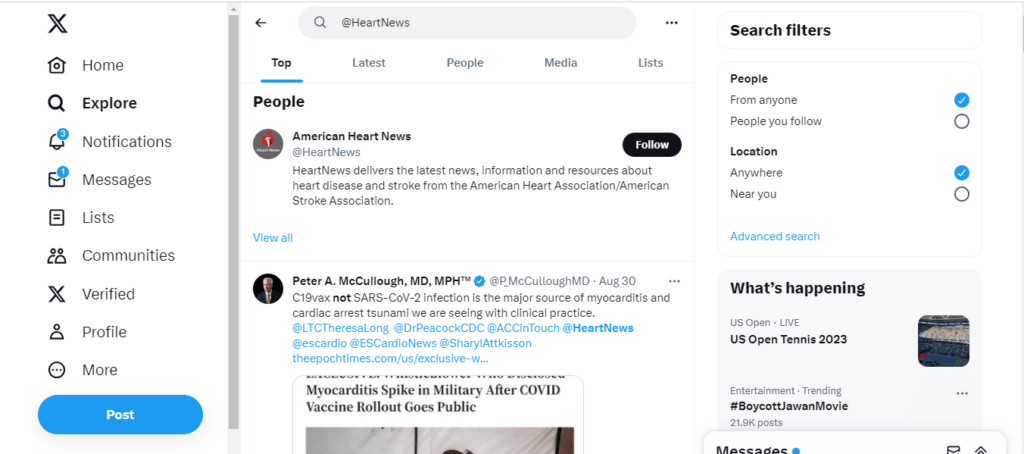
- Focus: Breaking news/education from the American Heart Association
- Followers: 215K
- Sample Tweet: According to new research, eating walnuts daily lowers bad cholesterol and may reduce cardiovascular disease risk. Here’s what to know. #HeartNews
- Why they’re influential: Leading voice on cardiovascular health issues.
This small sample illustrates the range of perspectives and focus areas among health influencers on Twitter. Identify voices aligned to your specific interests by digging deeper into their profiles.
Tips for Engaging With Health Influencers on Twitter

Once you identify relevant health influencers, how do you engage them on Twitter? Here are some tips:
- Comment on their tweets – Offer thoughtful replies sharing your perspective.
- Retweet their impactful content – Help amplify their voice on important issues.
- Follow them – Stay updated on their posts by being a follower.
- Tell your connections – Share with colleagues influencers you think they’d find valuable.
- Give recommendations – Suggest influencers you find helpful if others ask for advice.
- Join Tweet chats – Participate in scheduled health Tweet chat events.
- Share your expertise – If a health professional, lend your knowledge to the discussion.
- Ask questions – Constructive queries make engagement more meaningful.
The goal is fostering connections centred on advancing health, not simply self-promotion. Consider how you can add to the discussion.
Using Social Listening to Track Health Influencer Conversations
With the swell of influencer activity, social listening tools have become vital for monitoring buzz and gaining actionable insights.
Brand monitoring software like Mention, Zoho Social, and Sprout Social enables tracking keywords, hashtags, accounts, and more across Twitter and other social channels. Features like sentiment analysis, competitive benchmarking, and net negativity scores help assess conversations and impact.
For healthcare specifically, Symplur Healthcare Social Graph aggregates tweets across healthcare stakeholder groups for robust social listening. Their Social Reach Report tracks influencer activity and discussion trends.
No matter your health and social listening needs, modern tools exist to filter the Twitter noise and identify trends, connections, and opportunities for strategic engagement.
Key Takeaways and Future Outlook
Some key points to remember:
- Twitter has become a vital platform for health influencer activity and engagement.
- All health industry stakeholders, from patients to researchers, leverage Twitter voices for education and advocacy.
- Identifying the right influencers for your niche is critical to curating an impactful feed.
- Look beyond follower counts to how effectively voices further health causes.
- Social listening tools enable tracking influencer conversations and activity patterns.
The future of health on Twitter indicates increased influencer impact as adoption grows. However, discoverability challenges persist with platform scale. Successful engagement requires identifying quality over quantity based on your health interests and goals.
Those who learn to extract signal from the noise will find no better place than Twitter to take the pulse of health conversations and connect with changemakers in healthcare.
Conclusion
Twitter has rapidly become a primary platform for health influencer activity that engages professionals and the public alike. The immediacy, accessibility, and conversational nature of Twitter enables timely discussion of discoveries, issues, and ideas shaping the health landscape.
Key healthcare stakeholders like doctors, medical journals, health advocates, and patients leverage their voices on Twitter to inform, educate, advocate, critique, and rally support. This diverse range of inputs makes Twitter a valuable listening tool for identifying trends and monitoring how health is evolving.
Understanding this world of influencers is crucial for those working in or simply passionate about health. Finding the right voices that match your niche interests provides meaningful perspectives. Strategic engagement with health influencers can amplify your reach and impact.
The openness of engagement on Twitter has limitations, of course – misinformation still spreads rapidly. But the platform’s role in advancing health outcomes will likely only increase. Influencers promote positive changes that improve patient care, research, policies, and beyond.
Suppose people and organizations listen closely to the discourse and participate constructively. In that case, the future of healthcare will undoubtedly be brighter.
